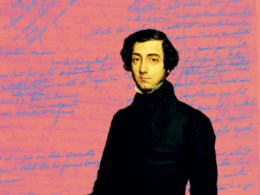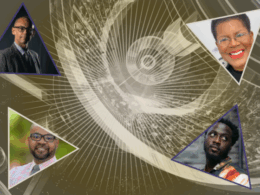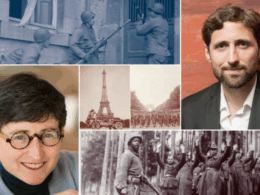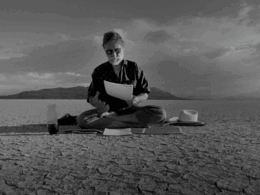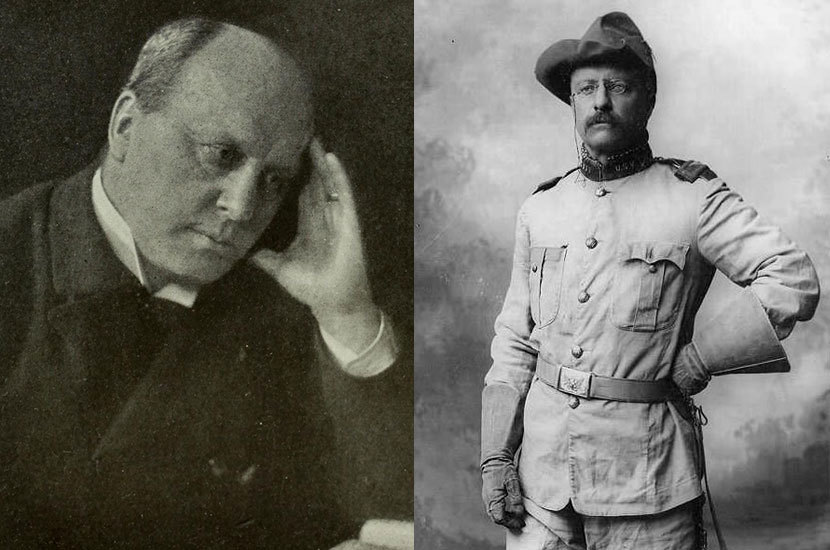
In the midst of an especially heated political season, the prickly relationship between an outspoken American president and one of the country’s preeminent authors made for an entertaining sidebar at a recent Library of America talk.
Henry James scholar Philip Horne is the editor of the new Library of America volume Henry James: Autobiographies and a Professor of English at University College London. Speaking before an audience of LOA Fellows at The Grolier Club in New York City on February 22, Horne floated the theory that the nonfiction writing of James’s last decade—the travel book The American Scene (1907) and the three memoirs collected in Autobiographies—was motivated at least in part by a desire to reclaim or reassert his American identity, which had perhaps grown attenuated from his decades spent living in Europe.
As Horne makes clear in the clip below, that identity had come under regular attack back in the U.S.—and from a high-profile source. In both private and public settings Theodore Roosevelt repeatedly charged the expatriate James with being “un-American”—a characterization that also included, at various times, descriptions of the author as effete and “undersized.” Watch:
Horne, who is working on a book about the relationship between James and Roosevelt, goes on to explain that the two men had distinct ideas about what makes an American. James himself drew a sharp contrast in their views in his 1898 review of a collection of Roosevelt’s essays. The review is included in the Library of America volume Literary Criticism: Essays on Literature, American Writers, and English Writers, and the key passage is as relevant in 2016 as it was in 1898:
Mr. Roosevelt makes very free with the “American” name, but it is after all not a symbol revealed once for all in some book of Mormon dug up under a tree. Just as it is not criticism that makes critics, but critics who make criticism, so the national type is the result, not of what we take from it, but of what we give to it, not of our impoverishment, but of our enrichment of it. We are all making it, in truth, as hard as we can, and few of us will subscribe to any invitation to forgo the privilege—in the exercise of which stupidity is really the great danger to avoid.
Left unmentioned in Horne’s remarks, meanwhile, is the fact that James and Roosevelt dined together in January 1905, when James was visiting his friend Henry Adams in Washington, DC. Both men were apparently on good behavior that evening—but for the full details of _that story we eagerly await Professor Horne’s book.
